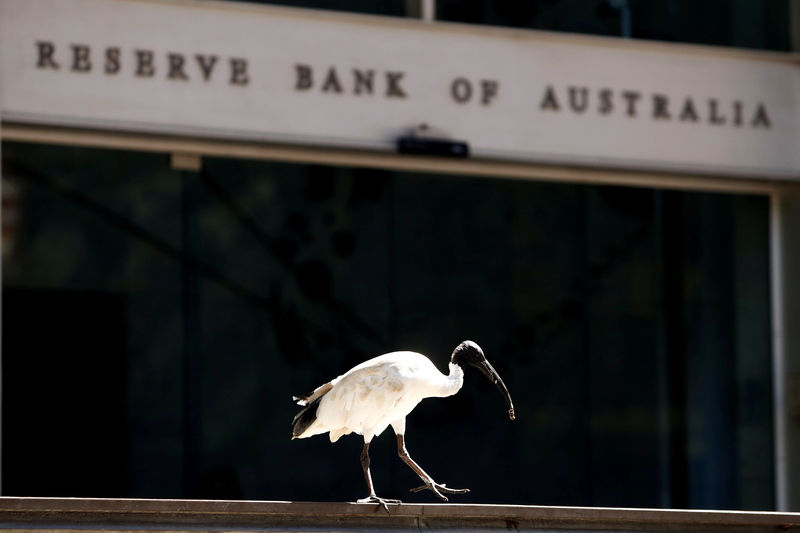RBA grapples with interest rate decision amid inflation concerns
2023.06.19 23:26

© Reuters.
Investing.com – In a closely , the Reserve Bank Board recently chose to increase official interest rates due to concerns over potential long-term inflation. The board was cautious about the effect of higher interest rates on households and acknowledged the uneven distribution of these financial pressures.
During their June 6 meeting, where they ultimately raised the cash rate to 4.1%, members of the Reserve Bank assessed both sides of this delicate balance. They were concerned that persistent inflation could lead to even higher future interest rates and eventually cause unemployment numbers to spike.
The board emphasized that prolonged periods of above-target inflation would contribute to an “inflation psychology” in which businesses and households incorporate rising costs into their budgets. This could result in high inflation becoming entrenched, necessitating even longer periods of elevated interest rates and increasing the risk for significant unemployment growth.
Additionally, they noted that extended high-inflation periods would distort economic stability and exacerbate cost-of-living pressures, disproportionately affecting low-income individuals.
On one hand, some members argued for maintaining a cash rate at 3.85% based on signs pointing towards a rapidly slowing economy as well as concerns that further hikes might trigger sharper-than-anticipated declines in economic health.
However, despite acknowledging increased household burdens resulting from higher interest rates, members ultimately opted for raising them out of concern for combating sustained inflationary pressure.
The board also expressed its unease regarding recent property price increases but decided it should have less influence on consumer spending within the next year than initially believed.
Furthermore, during discussions around Fair Work Commission’s recent decision to raise award wages by 5.75%, while understanding compensation for lowest-paid workers amidst high inflation was fair; there were warnings against allowing widespread wage adjustments tied directly to ongoing inflated levels across various job sectors.
Since this meeting took place earlier this June, stronger-than-anticipated labor force data has prompted expectations of further rate hikes. The May dropped to 3.6%, with 75,900 new jobs created during the month; money markets now predict a 90% chance that another interest rate increase will occur at the Reserve Bank’s July 4th meeting, potentially raising the cash rate to 4.35%.








